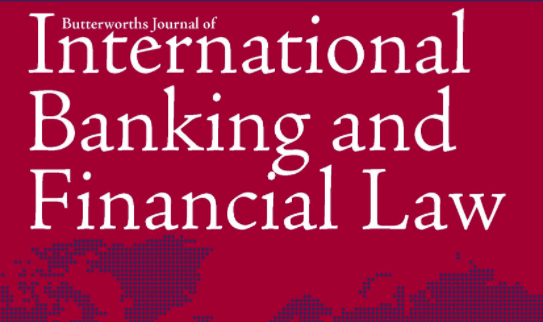Debt, power and keeping your vote: XXIV barristers examine the meaning of “control” in disenfranchisement provisions
August 14, 2018

In a paper published by the Journal of International Banking and Financial Law, Stephen Moverley Smith QC and Oliver Assersohn examine a recent case likely to be of interest to participants in leveraged finance transactions and to lawyers for parties involved in similar disputes. In Citibank v Oceanwood Opportunities Master Fund & Ors [2018] EWHC 448 it was held that a majority noteholder did not have “control” of the issuer following a default and so was not prevented by the disenfranchisement provisions in the relevant documentation from being able to give directions to the Security Agent and Note Trustee.
The key points are:
- The relevant agreement was governed by New York law and applying New York law principles (which are reflected in equivalent English law principles) the court gave “control” a “businessman’s interpretation”.
- “Control” did not mean being a 51% noteholder and for there to be de facto control it would need to come from the issuer’s side of the line and be pervasive.
- The claim was brought in the Financial List and is an interesting example of a speedy resolution of a valuable and important dispute.
Please click here to read the article.
